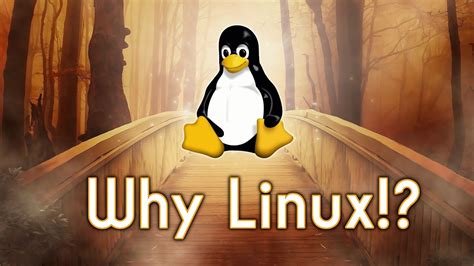The rapid proliferation of AI in our daily technology landscape has led to heightened concerns around privacy, user autonomy, and data control. In a world where operating systems like Windows and macOS are increasingly embedding AI to drive features such as automated content generation, predictive text, and even complex data analytics, the potential for misuse has become a pressing issue. According to several commentators, this deluge of AI integration is not without significant downsides—most notably, the risk of sacrificing personal privacy on the altar of convenience.
One point of contention that arises is the intrusive nature of operating systems developed by giants like Microsoft and Apple. Many users, particularly those belonging to corporate environments, find their systems becoming platforms for multifaceted surveillance. For instance, a commenter lamented how modern macOS devices, managed at an enterprise level, became so riddled with monitoring tools and security protocols that they felt akin to using a spyware-laden XP machine. This scenario is far from unique, as another user noted the seamless infiltration of corporate overlords into their devices, effectively suspending their machine in a state of perpetual wakefulness.
Amidst this backdrop, Linux emerges as a champion for those prioritizing control and privacy over functionality embedded with AI. Many users argue that opting for Linux can serve as a bastion against privacy invasion. Unlike proprietary systems where the software’s behavior aligns with the objectives of the OEM, usually centered around profit maximization and data monetization, Linux offers an environment where the user is the master of their digital domain. Tools and applications can be chosen, installed, and configured based on individual needs, without external pressures for data surrender.
A significant reservation expressed by those opposed to Linux adoption is the perceived lack of accessibility for non-technical users. However, an advocate underscored how operating systems like Ubuntu, Mint, and even specialized options like KDE Neon have drastically simplified the installation and daily use processes. Installing these systems on a USB stick for trial purposes was suggested as a painless way to explore Linux. From another angle, it is becoming more common to find pre-installed Linux options from well-known vendors, dispelling the notion that users must always engage in complex technical setups.
When it comes to AI itself, several Linux users voiced opinions that underscore the OS’s flexibility in running advanced models and applications. Commenters highlighted how various local AI tools and libraries can operate seamlessly on Linux, offering the same capabilities found in more mainstream systems but without the obligatory data channeling to remote servers. This self-sufficient ecosystem allows experts to experiment, develop, and deploy AI solutions locally, assuring that the sensitive data remains secure and under the user’s control. One user noted that they use Linux for AI explorations precisely because it provides the freedom to decide where and how data flows.
Looking at the community-driven aspect, Linux has always embodied the ethos of open-source philosophy—empowering users to understand, audit, and control their tools. Unlike proprietary software, whose source code remains hidden, open-source allows for community verification, ensuring the tools you use align with your privacy and ethical standards. As AI becomes more pervasive, this transparency is not just beneficial but crucial. A user pointedly remarked that while the world may become more naïve in its infatuation with shiny new technologies, the enduring values of freedom, choice, and control espoused by the Linux community are more relevant than ever.
Hence, the argument is not merely about escaping the AI invasion; it’s about embracing a system that respects your autonomy and provides the tools to navigate a future rife with data privacy challenges. With AI-driven conveniences now firmly embedded in proprietary OS environments, the option to choose Linux becomes a compelling proposition for anyone skeptical of the relentless march towards data-centric monetization. This isn’t about shunning technology; it’s about reclaiming control over it. As AI continues to evolve, Linux stands ready as a resilient alternative, poised to safeguard user privacy and agency in this new digital frontier.


Leave a Reply